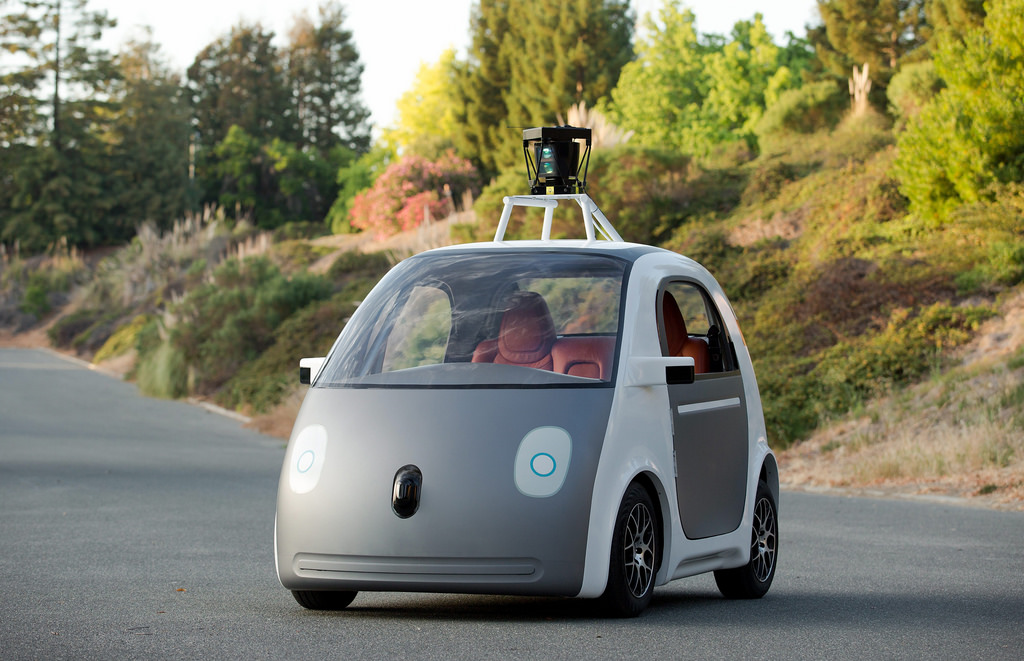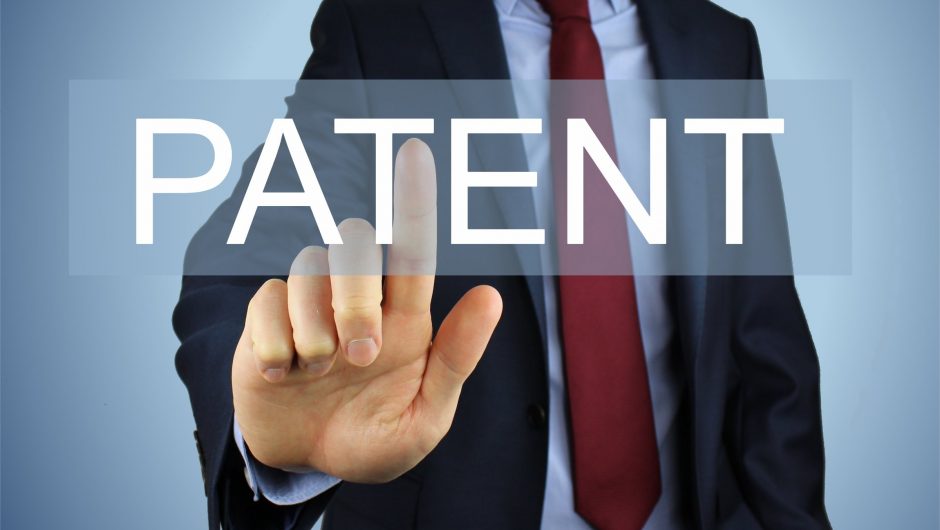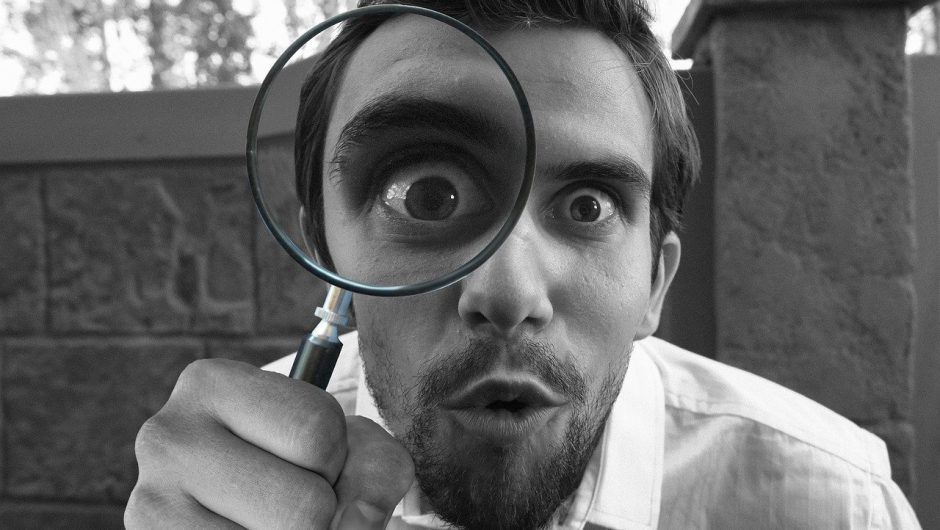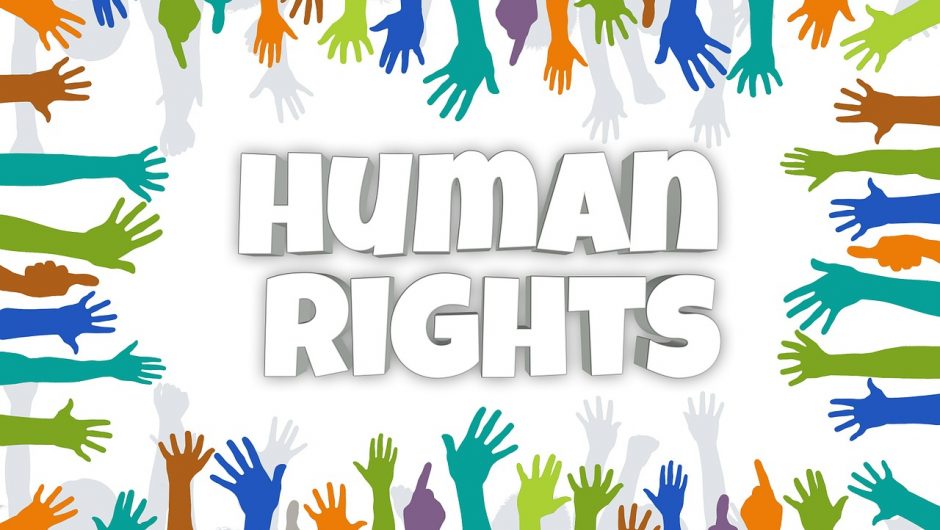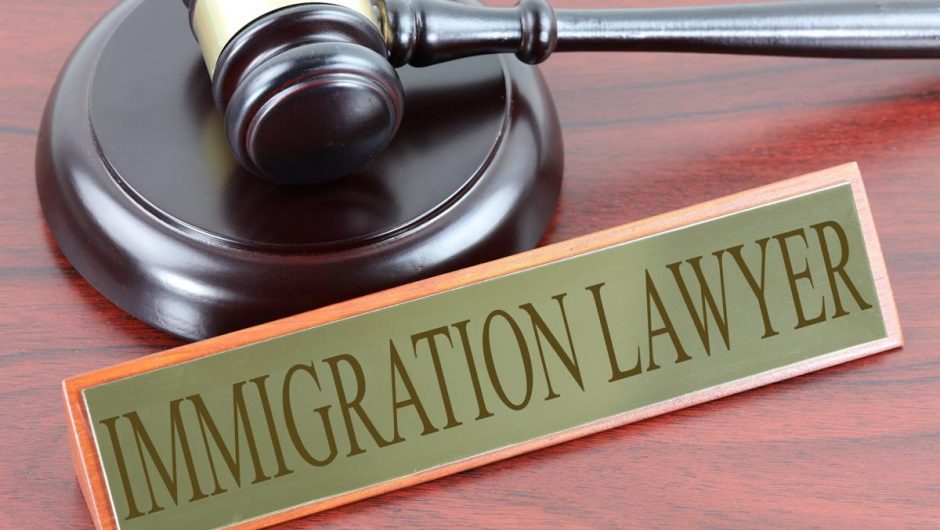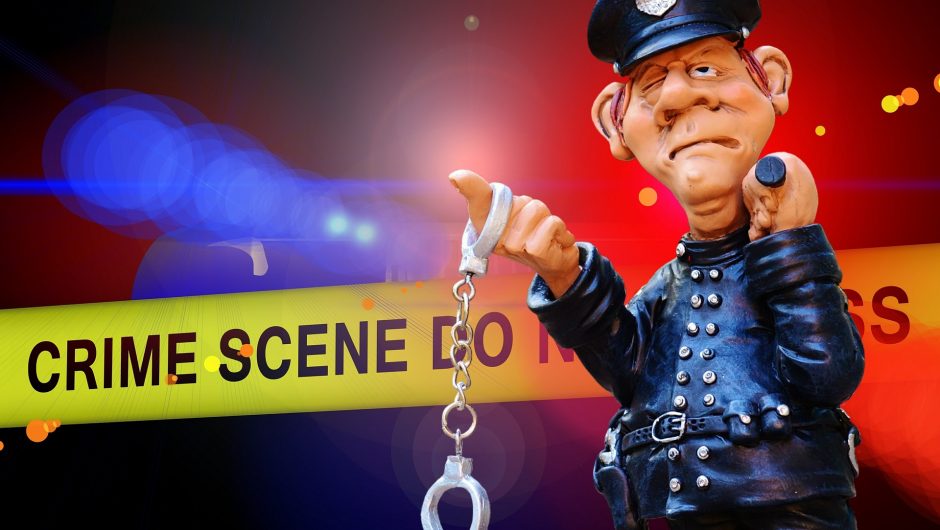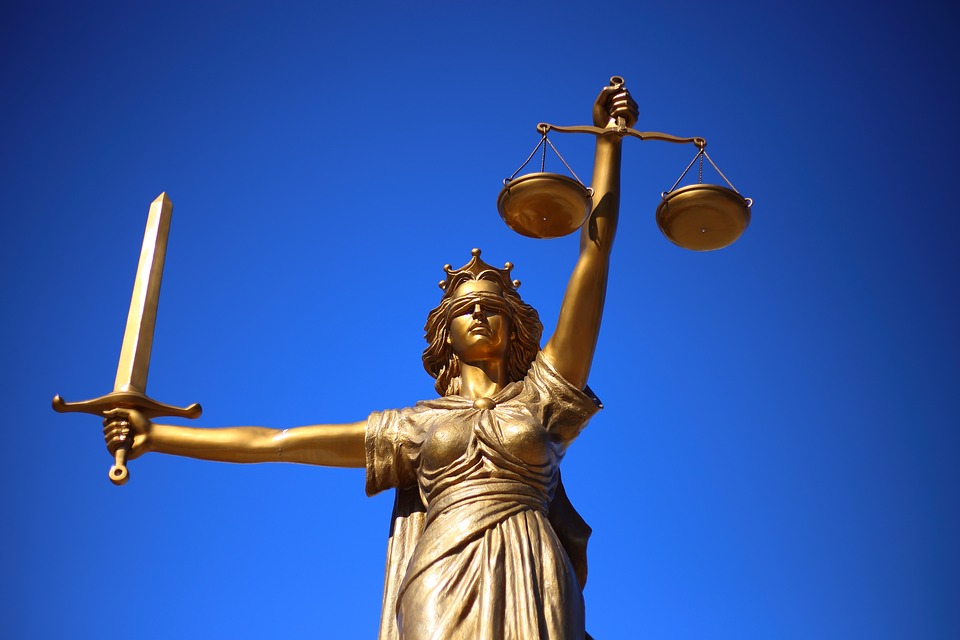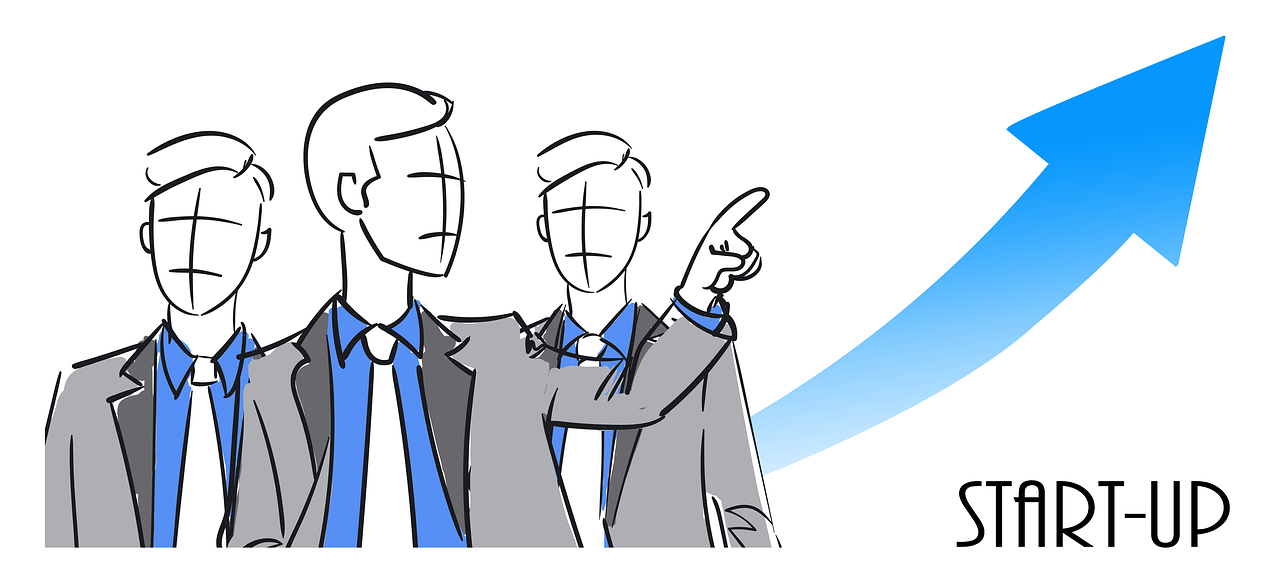It seems to be an inevitable conclusion at this juncture that self-driving cars are the way of the future. The new technology is being developed and tested by multiple companies, as they try to be the first to come out with these new vehicles and set them at a price point that most consumers can reasonably afford. This new tech comes with some significant questions, though, not the least of which is who is going to be held liable if a self-driving vehicle gets into an accident. There is also the related question of whether specific traffic laws are going to have to be changed or rewritten entirely once the majority of cars on the road are self-driving.
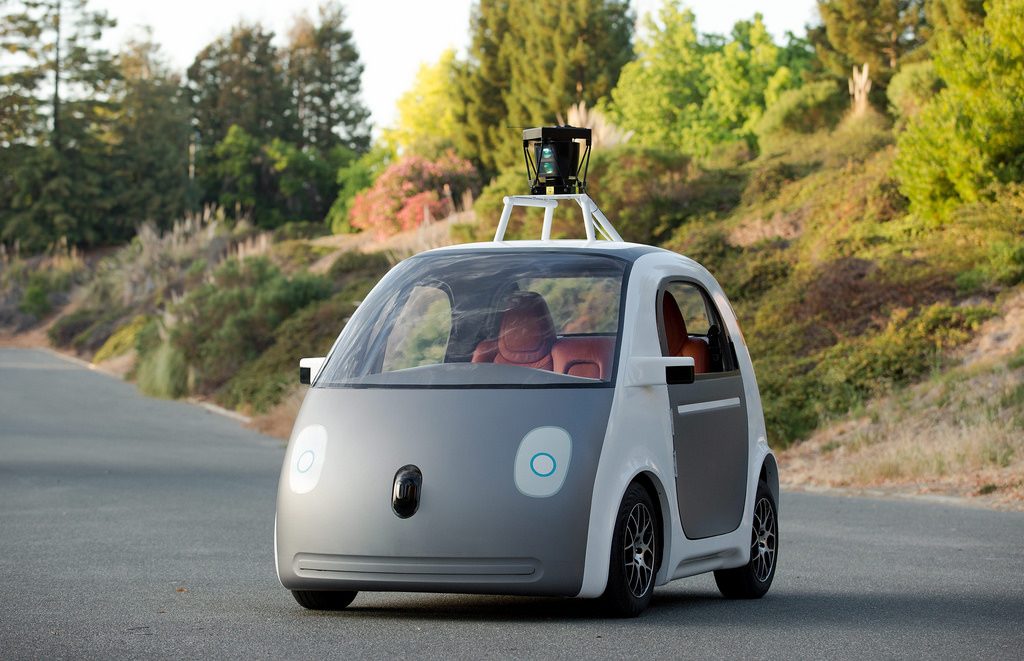
Who Is Liable?
The reality is that there is little precedent in determining who is going to be responsible if a self-driving car runs a stop sign or breaks the speed limit. The hope is that the technology will have safeguards in place that would prevent these occurrences, but what technology is entirely free of glitches, especially in its infancy? A certain school of thought would indicate that the company that made the car should be held liable. On the other hand, perhaps the owner should share the blame. If someone has a vicious dog that bites a person walking down the street, it is the owner of the dog who is punished for negligence.
Will Any Laws Need to be Changed?
Then there is the issue of whether any of the traffic laws will need to be tweaked in light of the emergence of this technology. In trying to answer that, multiple related questions must be considered. For instance, are these cars going to be truly autonomous, or will the drivers still need to have their hands close to the wheel in case something goes wrong? Is it reasonable for the drivers to always be expected to carry licenses? Even in the event that the vehicle is driving itself, should it still be illegal for a person inside it to be doing something like texting? Only once it is determined what the responsibility is of the “driver” of the vehicle can the laws reasonably be examined and updated.
No Real Conclusion Can Be Made at This Juncture
It seems evident that until self-driving cars have been given license to operate in populated areas, the most significant questions regarding liability and changes to traffic laws can be postponed. However, the technology is moving forward in leaps and bounds, fueled by the public interest. People want self-driving cars, and the sooner, the better. When they arrive, they will likely do so along with a scrambling of state and national governing bodies to come to terms on a number of issues.
New Technology, New Challenges
The idea of self-driving vehicles is exciting for consumers, but for lawmakers, it will likely pose more of a headache than anything else. It is probably not something to which they are looking forward, but some automakers are promising that the first models will be for sale by 2020. With that kind of timetable, these issues are going to have to be dealt with sooner rather than later.
Topics #About Self Driving Cars #Autonomous Cars #Law #Law Related to Self Driving Cars #Legal #Self-driving Car liability #Traffic Laws on Autonomous Vehicles
